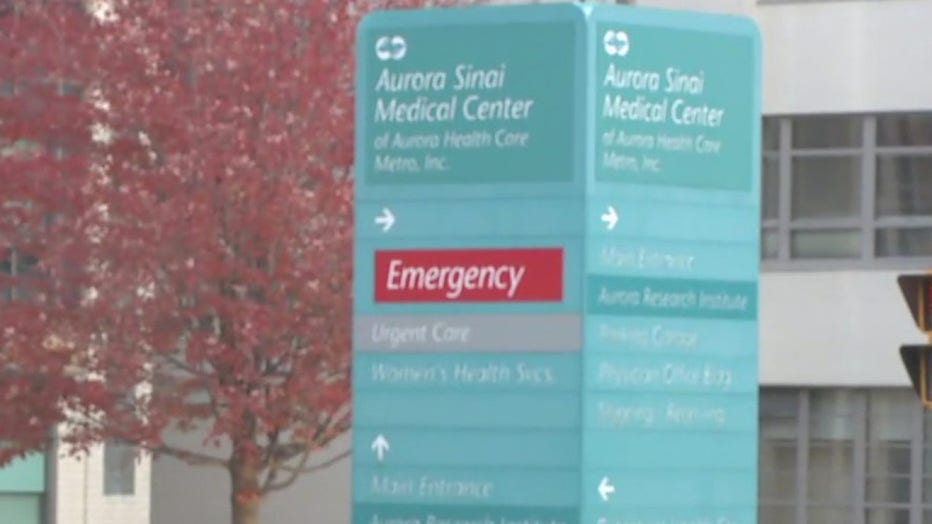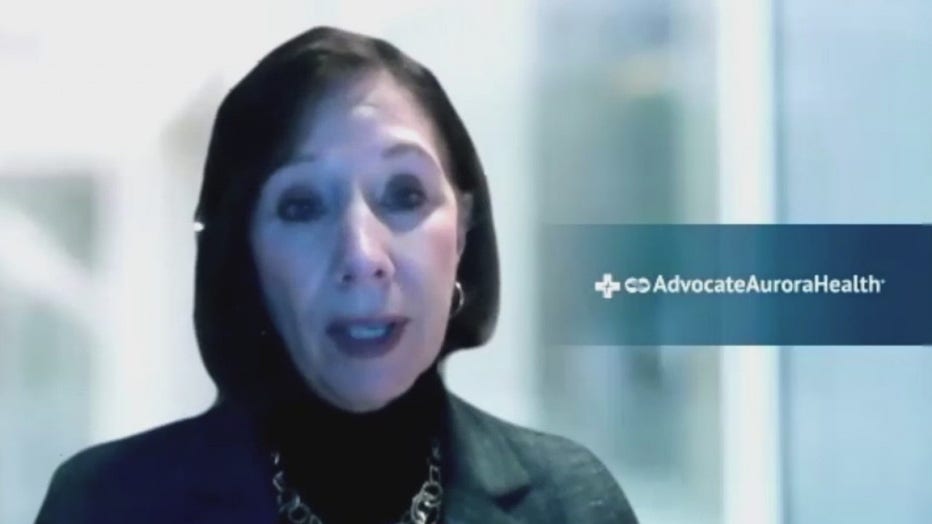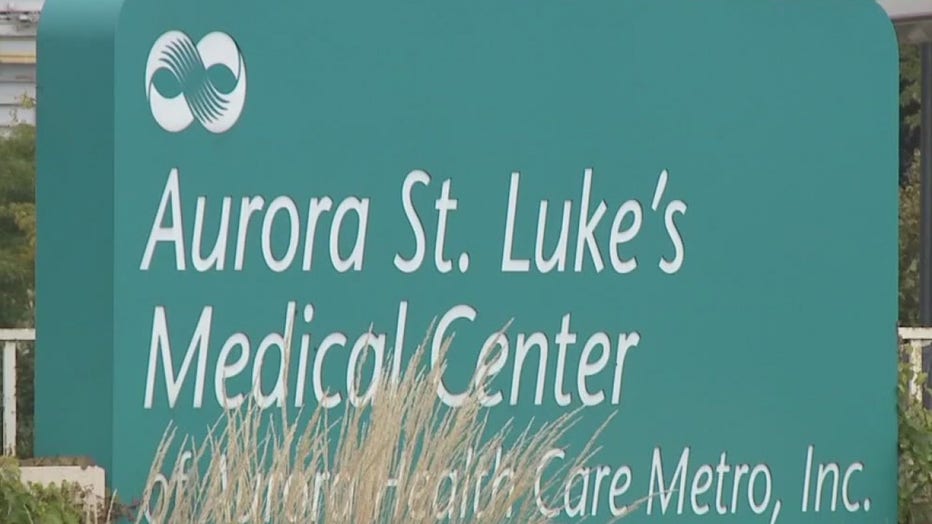State's strained hospitals prepare for influx of COVID-19 patients

State’s strained hospitals prepare for influx of COVID-19 patients
Wisconsin's already strained hospitals are preparing for an influx of COVID-19 patients over the next several weeks. Advocate Aurora Health has already sent three patients to the alternate care facility at Wisconsin State Fair Park. But that site can only take patients who are on their way to recovering from the coronavirus. There is no safety net for critically ill patients -- and that is where staff is seeing the biggest increase in hospitalizations.
MILWAUKEE - Wisconsin's already strained hospitals are preparing for an influx of COVID-19 patients over the next several weeks.
Advocate Aurora Health has already sent three patients to the alternate care facility at Wisconsin State Fair Park. But that site can only take patients who are on their way to recovering from the coronavirus. There is no safety net for critically ill patients -- and that is where staff is seeing the biggest increase in hospitalizations.

The main concern for hospitals and capacity is not space, but staffing.
"We’ve got plans in place to address staffing shortages and yet we know this is going to be a challenge for us—for every health care system moving forward if the numbers continue to increase as they have been," said Mary Beth Kingston, Chief Nursing Officer for Advocate Aurora Health.

Mary Beth Kingston
Kingston said hospitals like Aurora St. Luke's Medical Center in Milwaukee are experiencing a growing number of patients in need of critical care.
"Their needs are very demanding, their physical needs, and also their emotional needs. This is very frightening for patients as well," Kingston said.
This, as the doctors and nurses who have been working on the front lines since the pandemic began are also feeling increasingly strained.
"Nurses are in PPE their entire shift. And that includes gowns, masks, and eye protection as well. And their shifts are not 4-hour shifts or 8-hour shifts. They are 12-hour shifts and they extend," Kingston said.
FREE DOWNLOAD: Get breaking news alerts in the FOX6 News app for iOS or Android
The Wisconsin Department of Health Services said 20% of hospitals around the state reported last week that they were experiencing critical staffing shortages -- meaning there are not enough doctors and nurses to care for patients.

While that is not the case yet in Aurora's hospitals, the chief nursing officer said they are preparing for the possibility by bringing in supplemental staff from out of state.
"We’re proactively working with agencies to ensure we have some additional folks coming in both to meet the increasing demand and to give our nurses rest too," Kingston said.
But as other states now too experience their own spike in cases, Kingston fears there will soon be nowhere left to turn.
"So in terms of a longer-term strategy, we can move people to where the greatest need is, but if the greatest need becomes everywhere then that will impact our ability to do that," Kingston said.
Featured
DHS: 3,433 new positive cases of COVID-19, 3 new deaths
There have been 3,433 new positive cases of coronavirus in Wisconsin Monday, Nov. 1.
Featured
Waukesha West High School switching to virtual learning Nov. 3-9
Waukesha West High School will be switching from in-person learning to virtual learning beginning Tuesday, Nov. 3 until Monday, Nov. 9.
Featured
Wisconsin still 3rd in country in COVID-19 cases per capita
Wisconsin health officials on Sunday reported nearly 3,500 new cases of the coronavirus and 16 additional deaths in the last day.




